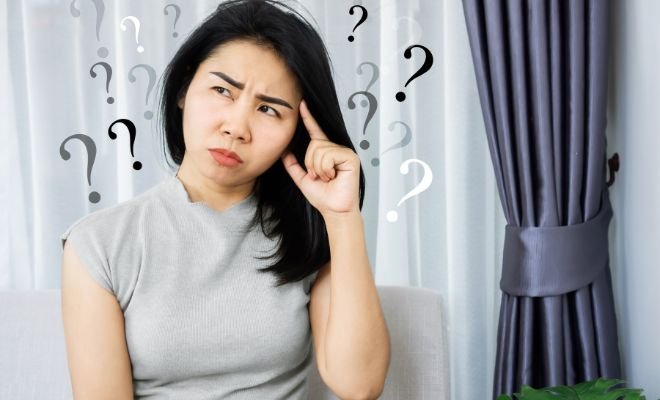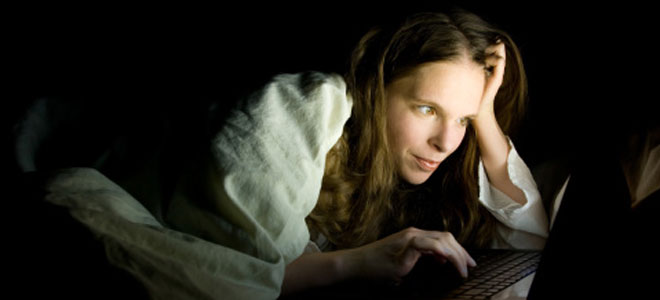Emotional disorders can radically complicate the lives of the people who suffer from them. One of the most dangerous and obvious is Obsessive, which fills your life with doubts and the need to check everything endless times. Does that sound like checking over and over again if you have closed the door? Surely you have ever done it when you have been nervous; well imagine if that behavior dominated your life. For this reason, we tell you what the pathological verification or doubt OCD consists of.

What is Obsessive Compulsive Disorder (OCD)?
When we talk about OCD we talk about one of the worst manifestations of anxiety. It is a dangerous disorder that causes many limitations in the life of the person who suffers from it and goes beyond mania. It is not about being a clean, worried or orderly person, but about an obsession with many risks.
This disorder is obsessive due to the nature of his thoughts. If I don’t wash my hands, I will have germs and they can cause a health problem; if in a certain way, my universe will fall apart; if I don’t comply with the established rituals, something bad will happen.
To these obsessive and recurring thoughts are added compulsions, that is, the actions that generate those thoughts. Compulsions are repetitive acts that are carried out almost automatically and that are endowed with a sense of urgent need. Anytime, anywhere, at any cost. In fact, these acts are performed in order to neutralize or reduce caused by obsessive thoughts.
And where does the need for verification or pathological doubt fit into Obsessive Compulsive Disorders?
The need for verification
The need for verification or verification is something that has happened to all of us, but it. When you are more nervous than usual, you check again if you have closed the door, if you have turned off the lights, if you have turned off the gas tap, if you have sent that email to the correct addressee, if you have checked the time on the clock… Haven’t you ever done it?
But that’s not OCD. These gestures become a problem when they are done repetitively and over a long period of time. Because you do it one day, nothing will happen to you. But if the anxiety problem persists, the compulsion to check or verify if something is correct or not, in its place, closed, off or whatever, ends up invading your whole life. Ultimately, the paradox is that the more you try to control the checks, the greater the feeling of loss.
And all your thoughts. The obsession makes its appearance as a result of an anxiety that has not been known how to manage. Once you enter the maze of obsessive thoughts, how do you find your way out? Without a doubt, you have to ask for psychological help and undergo cognitive.
The pathological doubt: what it consists of
Let’s move on to pathological doubt, which are both a cause and a consequence of this OCD verification. Have I closed the door? Have I turned off the light? Will I get to work on time? Have I sent that email? They are the doubts, the insecurities that go when they involve your whole life. Can you imagine living in constant doubt?
It is not about existential doubts or finding meaning in life. These are daily doubts that precisely turn your days into a hell of insecurity. You have to check it again, because you are not sure if you have closed the door properly. The worst thing is that the doubt does not go away once you perform the compulsive act of checking it one more time. And it even tends to increase along with the anxiety after the verification and accentuate.
Doubt leads to compulsion, but it doesn’t go away with it. It is the trap or the vicious cycle of OCD. As in any addiction, after a while, your thoughts return to that pathological doubt and that need for verification. And how do you stop all this? We insist on the need to seek psychological, because it is an important disorder that may also require medication.






